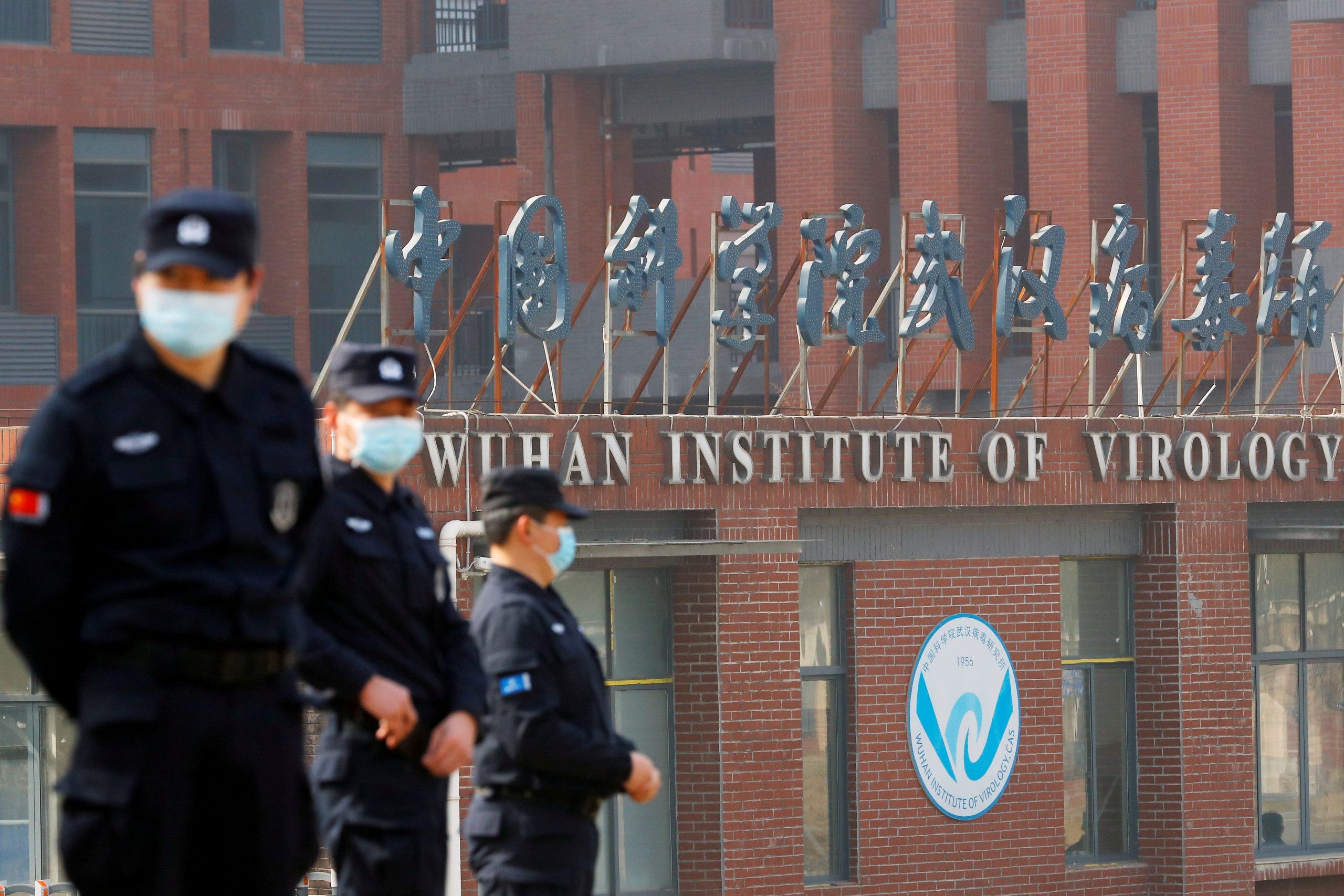COVID-19 Origin: China Blames US Inaction – A Shifting Narrative?
The origins of the COVID-19 pandemic remain a contentious issue, with global implications for public health, international relations, and economic recovery. Recently, China has intensified its accusations, blaming the United States' inaction for the global spread of the virus. This renewed push shifts the narrative away from investigations focusing on potential origins within China and raises important questions about transparency and international cooperation.
China's Accusations: A Summary
China's claim centers on the assertion that the US failed to adequately control the spread of the virus within its own borders, contributing to its global dissemination. This narrative often highlights the relatively late implementation of stringent measures in the US compared to China, along with accusations of insufficient testing and contact tracing. The argument presented is that the US’s response exacerbated the pandemic's severity worldwide, minimizing China's own role in the initial outbreak.
The Counter-Narrative and International Scrutiny
This claim is, however, met with significant skepticism from many countries and international organizations. Numerous reports and investigations point towards the initial outbreak of the virus in Wuhan, China, emphasizing the need for transparency and access to relevant data for a thorough investigation. The World Health Organization (WHO), despite facing criticisms of its own, has stressed the importance of a comprehensive and unbiased investigation into the origins of COVID-19. Several countries have voiced concerns about the lack of access to key information from Chinese authorities.
- Transparency Concerns: The lack of transparency from Chinese officials regarding the initial outbreak, including the delay in reporting the virus and restrictions on early investigations, continue to fuel international suspicion.
- Data Access: The difficulty in accessing raw data from China has hampered independent investigations, hindering a definitive conclusion about the virus's origins.
- Political Ramifications: The blame game has escalated into a geopolitical standoff, complicating international collaborations aimed at preventing future pandemics.
The Importance of International Collaboration
Understanding the origins of COVID-19 is crucial not only for historical accuracy but also for preventing future pandemics. A collaborative, science-driven approach is essential, requiring transparency from all nations involved. The current atmosphere of accusations and counter-accusations undermines this necessary cooperation.
Moving Forward: What's Next?
The debate over the origins of COVID-19 is far from over. The international community must prioritize a data-driven, transparent investigation, free from political influence. This necessitates:
- Unrestricted access to data and information from all relevant sources.
- Independent scientific investigations without political interference.
- Continued collaboration between international organizations and individual nations.
Ultimately, the focus should be on learning from the past to better prepare for future health crises. Attributing blame without concrete evidence serves only to further divide and hinder the vital global cooperation needed to address such threats effectively. The true origin story of COVID-19 requires a commitment to transparency and collaboration, not nationalistic narratives and blame shifting.
Keywords: COVID-19 origin, China, US, pandemic, WHO, investigation, transparency, international cooperation, blame game, geopolitical, public health, virus origins, Wuhan.
(Note: This article provides a balanced overview of the current situation. It is crucial to consult multiple reliable news sources and scientific reports for a complete understanding of this complex issue.)

